The articles in Yad Vashem Studies 41:1 address people’s decisions and actions during the Shoah. Yuri Radchenko (Ukrainian auxiliary police in Kharkiv) and Stefan Klemp (German police in Northern Italy) find that mundane interests motivated most of these policemen to willingly participate in genocide. Three articles examine local attitudes toward Jews: Joanna Tokarska-Bakir’s anthropological analysis of the July 4, 1946 Kielce pogrom; Samuel Kassow’s review of three books on rural Polish attitudes toward Jews; and Sanford Gutman’s review of two books on daily life in Vichy. Randolph Braham (comparative analysis of German-allied countries), Laurent Joly (critical review of Alain Michel’s book on Vichy), and Omer Bartov (analysis of Peter Longerich’s biography of Heinrich Himmler) analyze the motivations of governments and decision-makers in their policies toward Jews; Joel Zisenwine shows that the Allies’ late, limited knowledge of the gas chambers derived from factors that contributed to limiting their responses to the murder of the Jews; and Gershon Greenberg (review article of Esther Farbstein’s The Forgotten Memoirs) opens a window onto personal survivor accounts of ultra-Orthodox rabbis. This issue is dedicated to the memory of the journal’s past editor (1968-1983), Livia Rothkirchen, who passed away as this issue was completed and opens with Gila Fatran’s article on her contribution to the field.

